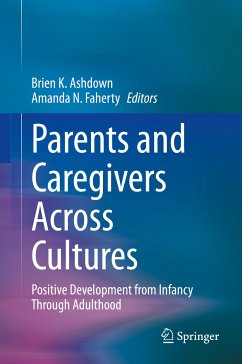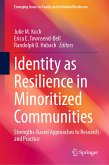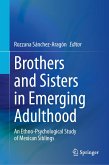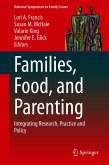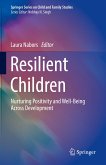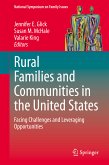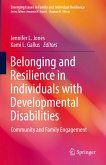Topics featured in this book include:
- The link between cultural differences in academic success to parents' academic socialization practices.
- The impact of culturally-specific parental engagement in positive developmental outcomes in children.
- Transgender children and their parents.
- The relationship between religious and secular values and their influence on creating polygamous teenagers.
- How to implement a micro-cultural lens to studying parent-child relationships during emerging adulthood.
- Differences and similarities in grandparenting among different cultures.
Parents and Caregivers Across Cultures is a must-have resource for researchers, professors, graduate students as well as clinicians, professionals, and policymakers in the fields of developmental and cross-cultural psychology, parenting and family studies, social work, and related disciplines.
Dieser Download kann aus rechtlichen Gründen nur mit Rechnungsadresse in A, B, BG, CY, CZ, D, DK, EW, E, FIN, F, GR, HR, H, IRL, I, LT, L, LR, M, NL, PL, P, R, S, SLO, SK ausgeliefert werden.
Hinweis: Dieser Artikel kann nur an eine deutsche Lieferadresse ausgeliefert werden.

